"Discover the optimal LiFePO4 battery for your energy requirements with our comprehensive guide. Learn about key factors such as capacity, longevity, and safety to select the perfect battery for your application, whether it's solar power storage, electric vehicles, or portable electronics. Make an informed decision with expert tips and insights."
Selecting the right battery for your power requirements is a critical decision that can significantly influence the efficiency and reliability of your energy systems. Lithium iron phosphate (LiFePO4) batteries have emerged as a superior choice due to their distinctive benefits and capabilities. This comprehensive guide will explore the intricacies of LiFePO4 batteries, contrast them with conventional lithium-ion and lead acid batteries, and examine their broad range of applications.
Lithium iron phosphate batteries stand out for their exceptional safety profile, long cycle life, and stability under extreme conditions. Unlike traditional lithium-ion batteries that use cobalt and nickel, susceptible to thermal runaway and other safety concerns, LiFePO4 batteries incorporate phosphate-based chemistry that provides enhanced thermal and chemical stability. This makes them an ideal choice for applications where safety is paramount. Additionally, these batteries offer a significantly longer lifespan, often capable of thousands of cycles before experiencing degradation, which ensures a lower total cost of ownership over time. Moreover, their ability to maintain consistent performance across a wide range of temperatures makes them versatile for use in everything from electric vehicles and solar energy systems to backup power and portable electronic devices. By delving into the technical specifications, environmental impacts, and economic considerations, this guide aims to furnish readers with the knowledge needed to make informed decisions about utilizing LiFePO4 batteries in their specific applications.
Understanding LiFePO4 Batteries
Composition and Functionality
Lithium iron phosphate (LiFePO4) batteries, also known as lithium iron phosphate batteries, are celebrated for their robust construction and exceptional safety features. These batteries differ from traditional lithium-ion options in their chemical composition, offering a more stable and safe energy output. This stability not only enhances safety by reducing risks such as overheating and short circuits but also extends the battery's life span, making it a dependable choice for long-term usage.
Key Features of LiFePO4 Batteries
LiFePO4 batteries boast several advantages that make them preferable over traditional lithium ion and lead acid batteries. These include superior safety, an extended cycle life, and increased stability under operational stresses. Furthermore, they are more environmentally friendly, using materials that are less harmful to the environment and promoting sustainability.
Applications of LiFePO4 Batteries
Electric Vehicles
The adoption of LiFePO4 batteries in the electric vehicle sector is experiencing a significant increase. These batteries are particularly valued for their critical benefits in the context of electric mobility. Here are some key points:
- High Reliability: LiFePO4 batteries are known for their robustness, which ensures that electric vehicles operate dependably over time.
- Enhanced Safety Features: These batteries are less prone to overheating and catching fire, making them safer for use in electric vehicles.
- Improved Vehicle Performance: The stability and longevity of LiFePO4 batteries contribute positively to the overall performance of electric vehicles.
- Consumer Appeal: The safety and reliability of these batteries enhance consumer confidence and appeal, promoting wider adoption of electric vehicles.
Renewable Energy Systems
LiFePO4 batteries play a crucial role in renewable energy installations, such as solar panels and wind turbines. Their unique characteristics make them particularly effective in these settings. Here are some key advantages:
- Reliability in Varied Environmental Conditions: These batteries maintain consistent performance regardless of environmental fluctuations, which is critical for renewable energy systems.
- Enhanced Efficiency: The ability of LiFePO4 batteries to reliably store and release energy as needed helps maximize the efficiency of renewable energy systems.
- Longevity and Durability: Their long lifespan and durability under frequent charge and discharge cycles reduce the need for frequent replacements, thus lowering maintenance costs.
- Boosting Renewable Energy Reliability: By providing a stable power supply, these batteries improve the overall reliability of renewable energy sources, making them more viable and effective.
Technical Specifications and Performance Metrics

Measuring Battery Performance
The performance metrics of LiFePO4 batteries, such as watt hours (Wh), ampere-hours (Ah), and voltage, are fundamental in evaluating their effectiveness and suitability for various applications. These metrics serve as critical indicators of a battery's capacity to store and release energy. Watt hours signify the total amount of energy a battery can deliver over time, while ampere hours reflect the current that a battery can supply over a specified duration. Voltage, on the other hand, measures the electrical potential between two points in the battery. Understanding these measurements is vital for determining the right battery configuration that aligns with the specific energy requirements and operational demands of different applications. Moreover, these parameters are instrumental in assessing the battery's compatibility with electronic systems and its capacity to meet performance expectations under diverse operating conditions.
Battery Management Systems (BMS)
Battery Management Systems (BMS) play an indispensable role in enhancing the operational efficacy and lifespan of LiFePO4 batteries. A BMS is essentially an electronic system that manages a rechargeable battery by monitoring its state, calculating secondary data, reporting that data, and controlling the battery's environment through robust interfaces. It regulates the load environment by controlling the charging rate and voltage to prevent overcharging and mitigate the risks of short circuits. This careful management helps maintain the battery's health, ensuring maximum efficiency and longer life cycles. Furthermore, a sophisticated BMS contributes to the overall safety and stability of the battery by constantly checking for potential errors and promptly responding to any abnormal conditions. This system is crucial not only for safeguarding the battery against potential damage but also for maintaining optimal performance throughout its service life, thereby significantly enhancing the reliability and efficiency of the entire power system.

Cost-Effectiveness and Long-Term Benefits
Analyzing Cost Efficiency
The initial purchase price of LiFePO4 batteries is often perceived as a significant outlay, especially when compared to traditional lead acid batteries or standard lithium-ion batteries. However, it is crucial to consider not just the upfront costs but also the long-term financial benefits these batteries offer. Over their operational lifespan, LiFePO4 batteries demonstrate superior cost-effectiveness due to their extended lifespan and notably lower maintenance needs. These attributes contribute to reducing the total cost of ownership, positioning LiFePO4 batteries as a financially viable option in the long term. This economic advantage is particularly significant in applications where long-term reliability and low maintenance are critical, such as in renewable energy systems and electric vehicles.
- Initial Cost vs. Long-Term Savings: Higher upfront costs significantly lower lifetime costs.
- Maintenance Savings: Minimal maintenance requirements reduce ongoing expenses.
- Lifespan: Longer operational lifespan extends periods between replacements.
Longevity and Maintenance
LiFePO4 batteries excel in terms of longevity and maintenance requirements when compared to other types of batteries. These batteries are engineered to require minimal upkeep, which not only reduces the direct costs associated with maintenance but also minimizes the inconvenience of frequent servicing. The extended operational lifespan of LiFePO4 batteries enhances their appeal by ensuring dependable performance over many years. This longevity is a key factor in their growing popularity, as it aligns with the needs of users seeking sustainable and cost-effective energy solutions. Moreover, the robust nature of LiFePO4 batteries means they are less prone to issues such as swelling and degradation under normal operating conditions, further underscoring their practical benefits and cost-effectiveness.
- Reduced Maintenance Requirements: Lower maintenance needs translate into fewer replacement parts and less labor over the battery's life.
- Enhanced Longevity: Extended lifespan reduces the frequency of battery replacements.
- Dependability: Consistent performance and reduced likelihood of failure add value over time.
Safety and Environmental Impact
Safety Features of LiFePO4 Batteries
LiFePO4 batteries are renowned for their advanced safety features that significantly enhance user safety. These batteries incorporate specialized mechanisms designed to prevent dangerous situations such as short circuits and overheating. The presence of such safety measures ensures that the risk of accidents is minimized, making them ideal for a wide range of applications.
One of the key components of these safety mechanisms is the built-in protection against short circuits. This feature quickly detects any short circuit conditions, which could potentially lead to fires or explosions in more volatile battery chemicals. By promptly responding to such issues, LiFePO4 batteries ensure a higher level of safety for both the device and its user.
In addition to protection from electrical malfunctions, LiFePO4 batteries also include sophisticated thermal management systems. These systems are crucial in maintaining the battery's temperature within safe limits, thus preventing overheating. Overheating is a common concern in many battery technologies, which can degrade battery performance and lifespan and, in the worst cases, lead to thermal runaway.
Furthermore, the structural stability of LiFePO4 battery cells contributes significantly to their safety profile. This inherent stability provides a reliable and safe energy supply, reducing the likelihood of mechanical failures. The robust nature of these batteries not only ensures a consistent performance but also extends the overall lifespan, thereby enhancing safety through reduced risk of cell degradation or rupture.
Environmental Advantages
LiFePO4 batteries are distinguished by their use of non-toxic materials, which makes them a more environmentally friendly choice compared to other battery types. These materials significantly reduce the environmental burden, aligning with global efforts toward sustainability and the reduction of carbon emissions. The absence of heavy metals such as lead or cadmium, which are common in other types of batteries, highlights the non-toxic nature of LiFePO4 batteries.
The reduction in environmental impact is further enhanced by the safe disposal characteristics of these batteries. Since they contain no toxic heavy metals, disposal becomes less hazardous, contributing to a lower environmental footprint. This feature is particularly important as the world seeks to reduce the negative impacts of waste products on the environment.
Moreover, LiFePO4 batteries support long-term sustainability initiatives. They contribute to reduced carbon emissions by offering a cleaner alternative to fossil fuels and less environmentally friendly battery chemistries. Their efficiency and long lifespan mean that they require fewer replacements over time, thereby reducing waste and the demand for raw materials. This long-term perspective is essential for reducing ongoing environmental impacts and supporting a sustainable future.
LiFePO4 batteries offer a multitude of benefits that make them highly suitable for a range of applications. Notably, these batteries boast a longer cycle life, significantly surpassing traditional battery technologies in terms of durability and reliability. This extended lifespan not only ensures a greater return on investment but also contributes to waste reduction, aligning with global sustainability goals.
Furthermore, LiFePO4 batteries are environmentally friendly. They are composed of non-toxic materials, which mitigate the environmental degradation typically associated with the disposal of lead-acid and other toxic batteries. This feature, combined with their high efficiency, positions them as a crucial component in the advancement of eco-friendly technology solutions.
The intrinsic safety features of LiFePO4 batteries, such as their thermal and chemical stability, make them exceptionally safe compared to other lithium-ion batteries. This reduces the risk of fires and explosions, thereby enhancing the safety of their operation in a variety of settings, from residential energy storage to electric vehicles.
We encourage you to consider the long-term benefits and environmental impact when selecting a battery. Delve deeper into the capabilities of LiFePO4 batteries by exploring additional resources to make a well-informed decision tailored to your energy needs.

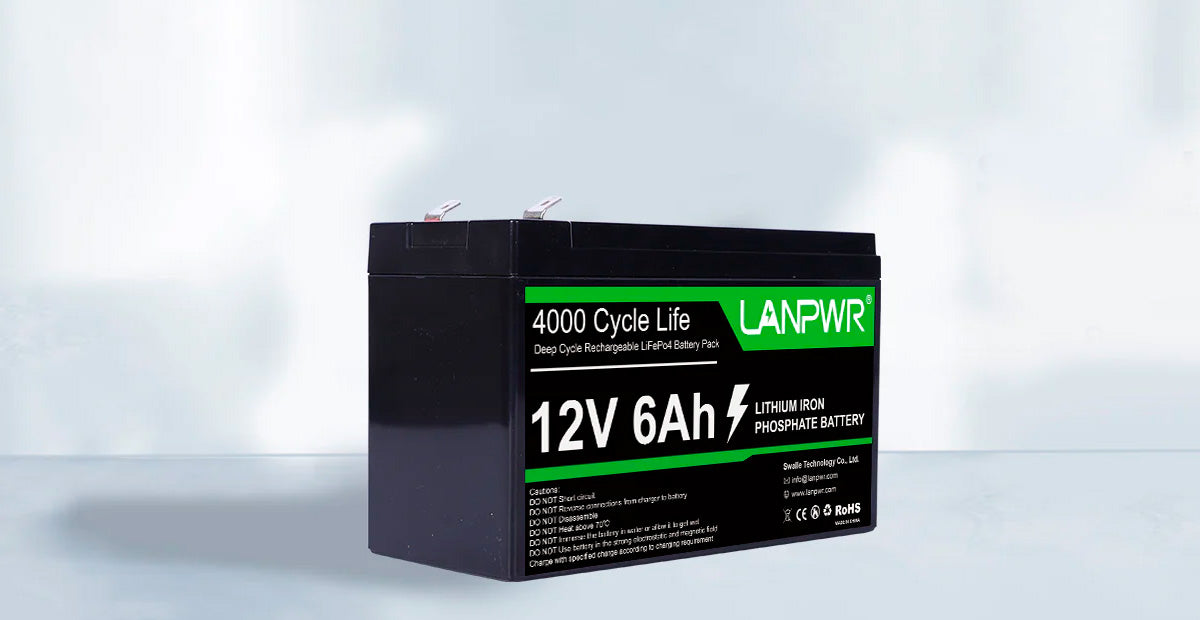
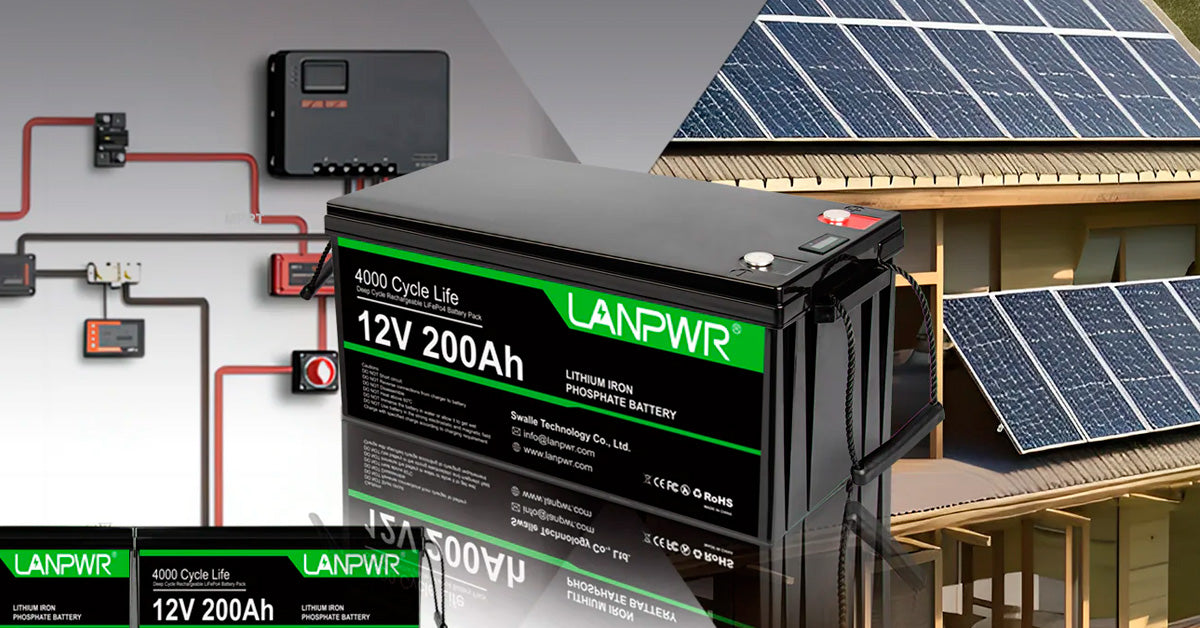



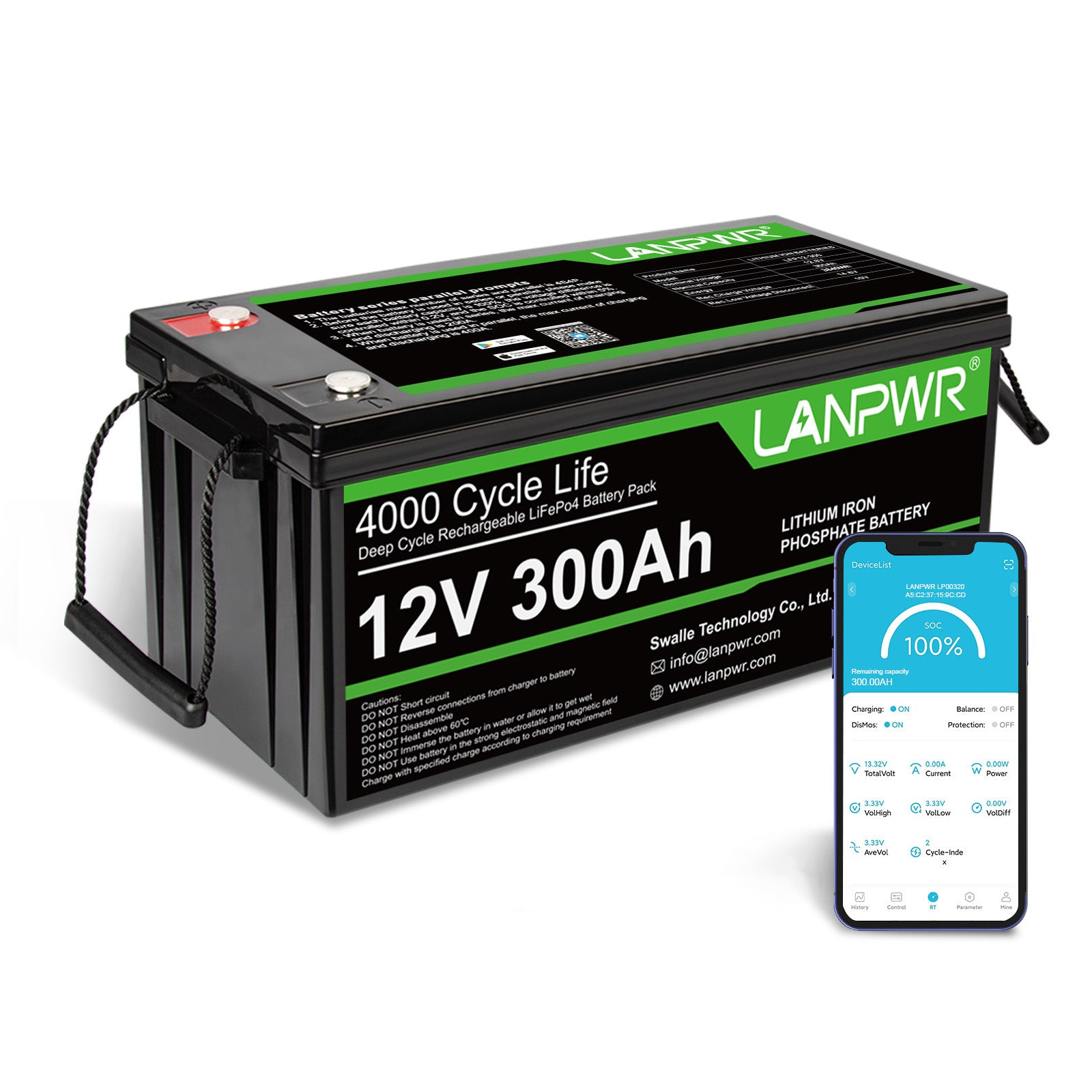

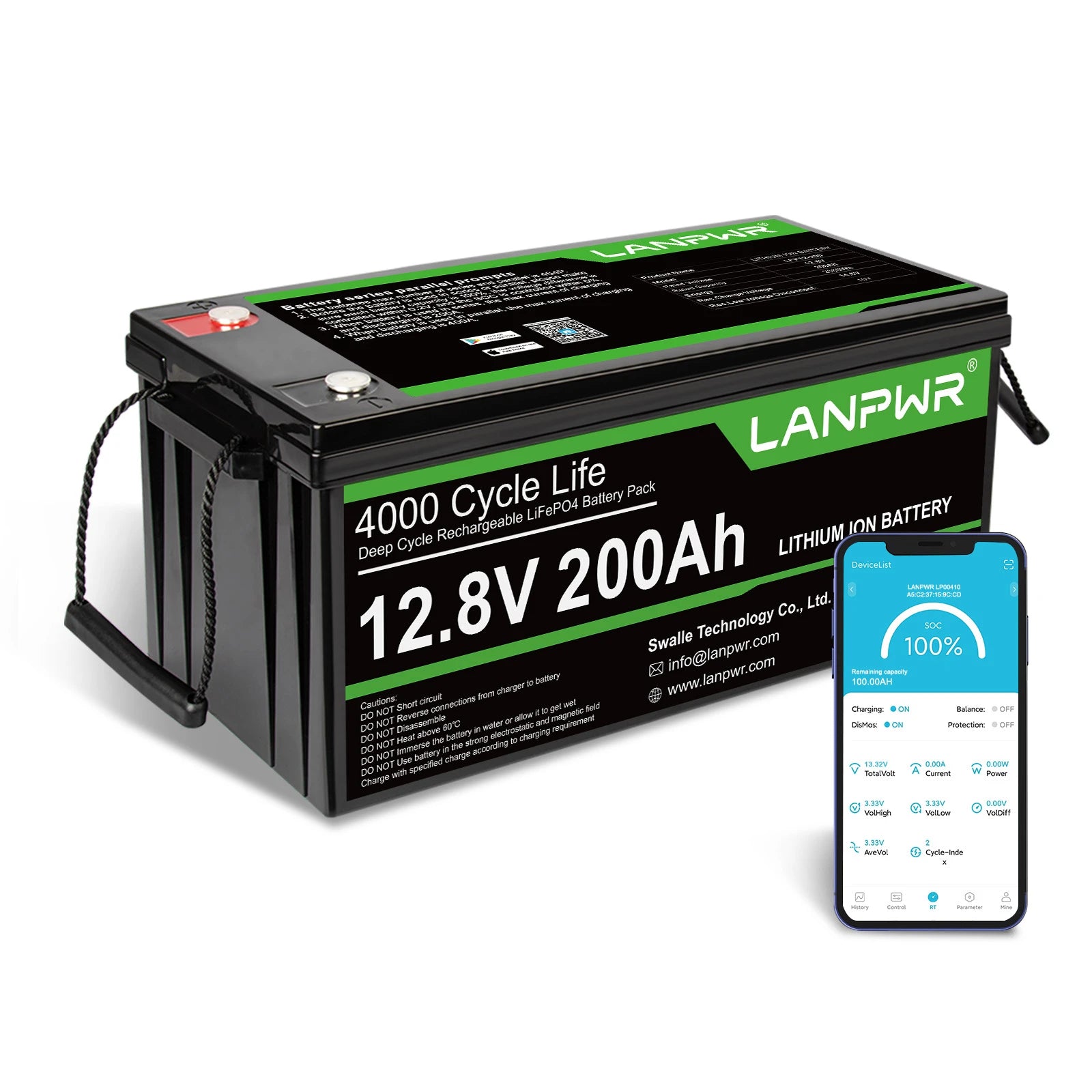
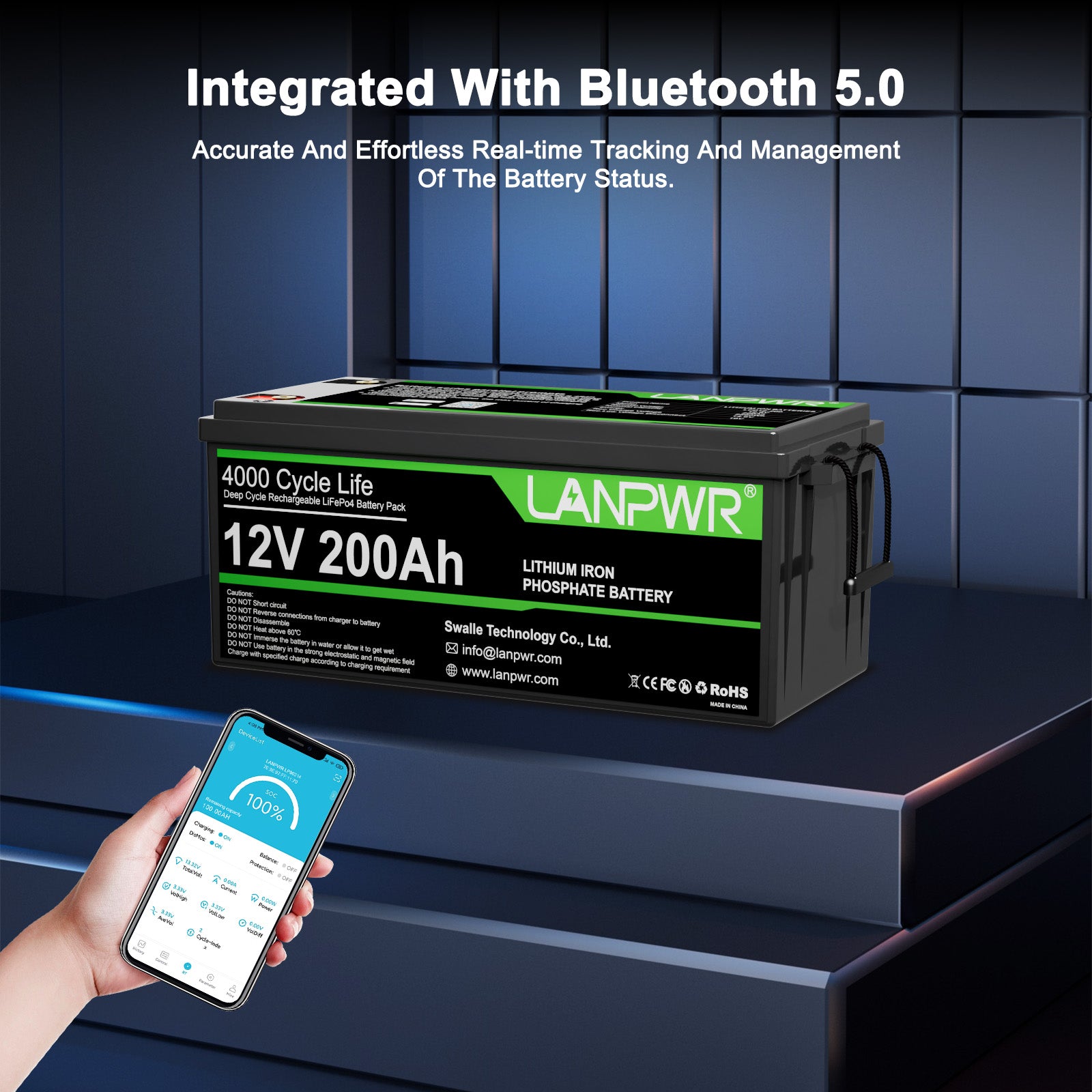
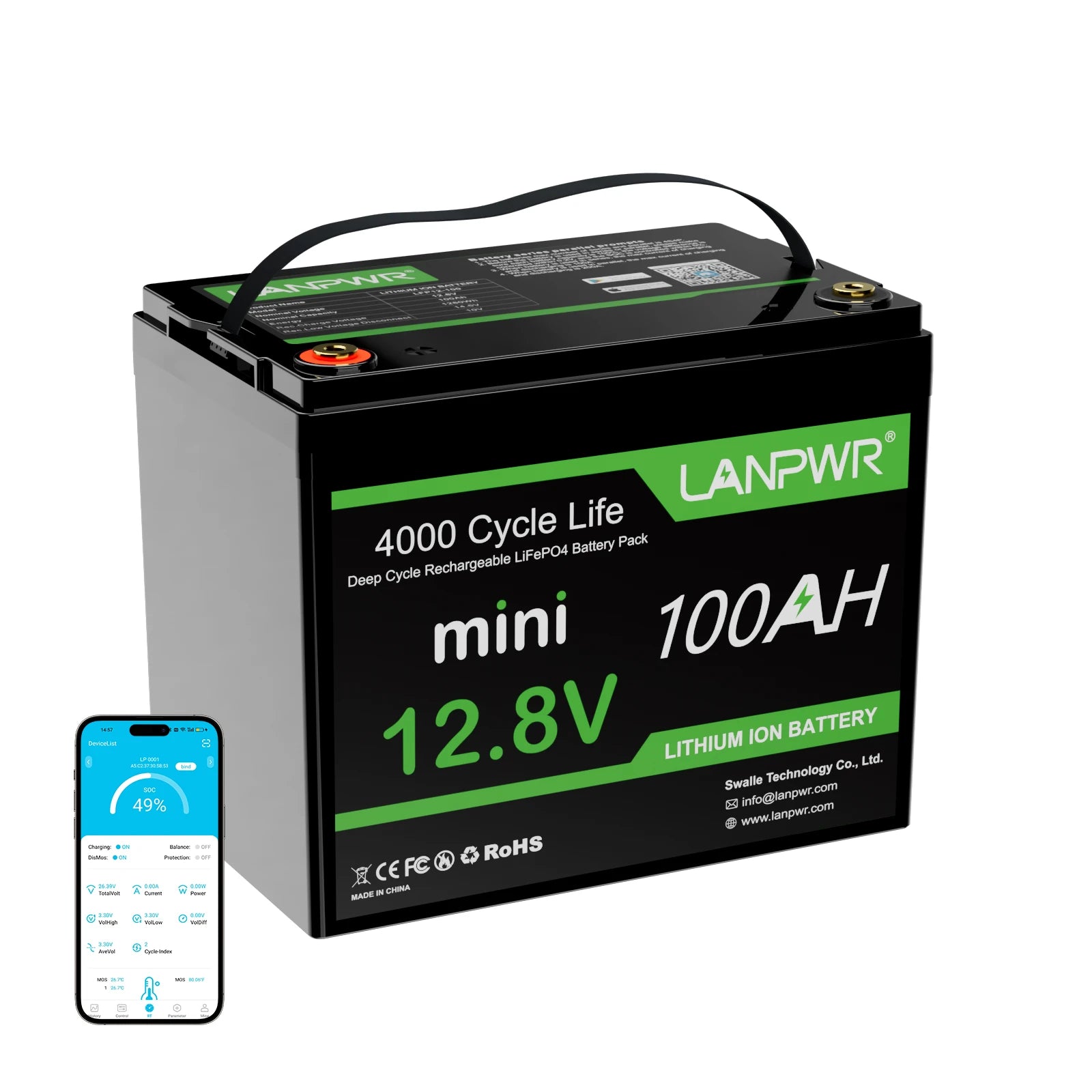

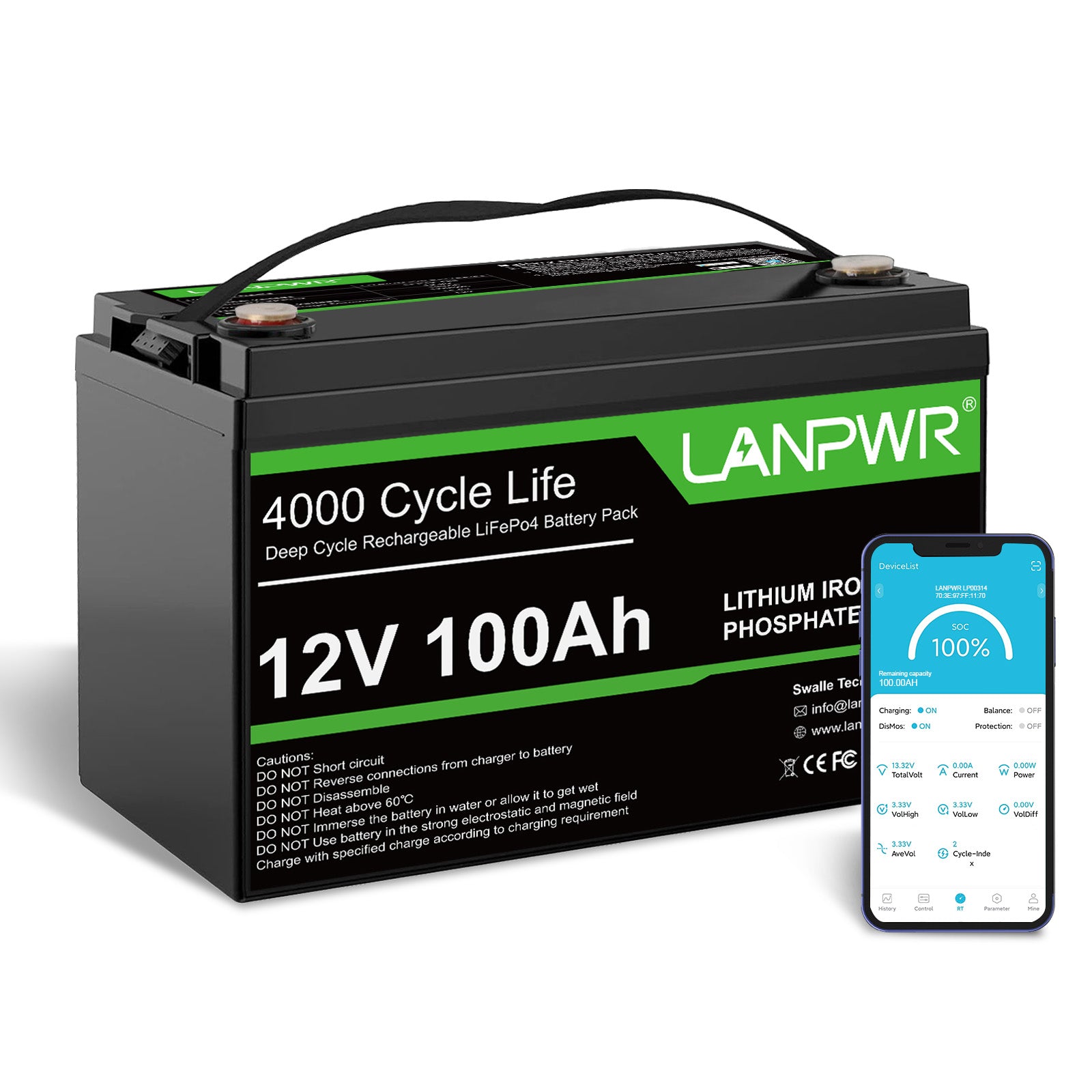

Leave a comment
This site is protected by hCaptcha and the hCaptcha Privacy Policy and Terms of Service apply.